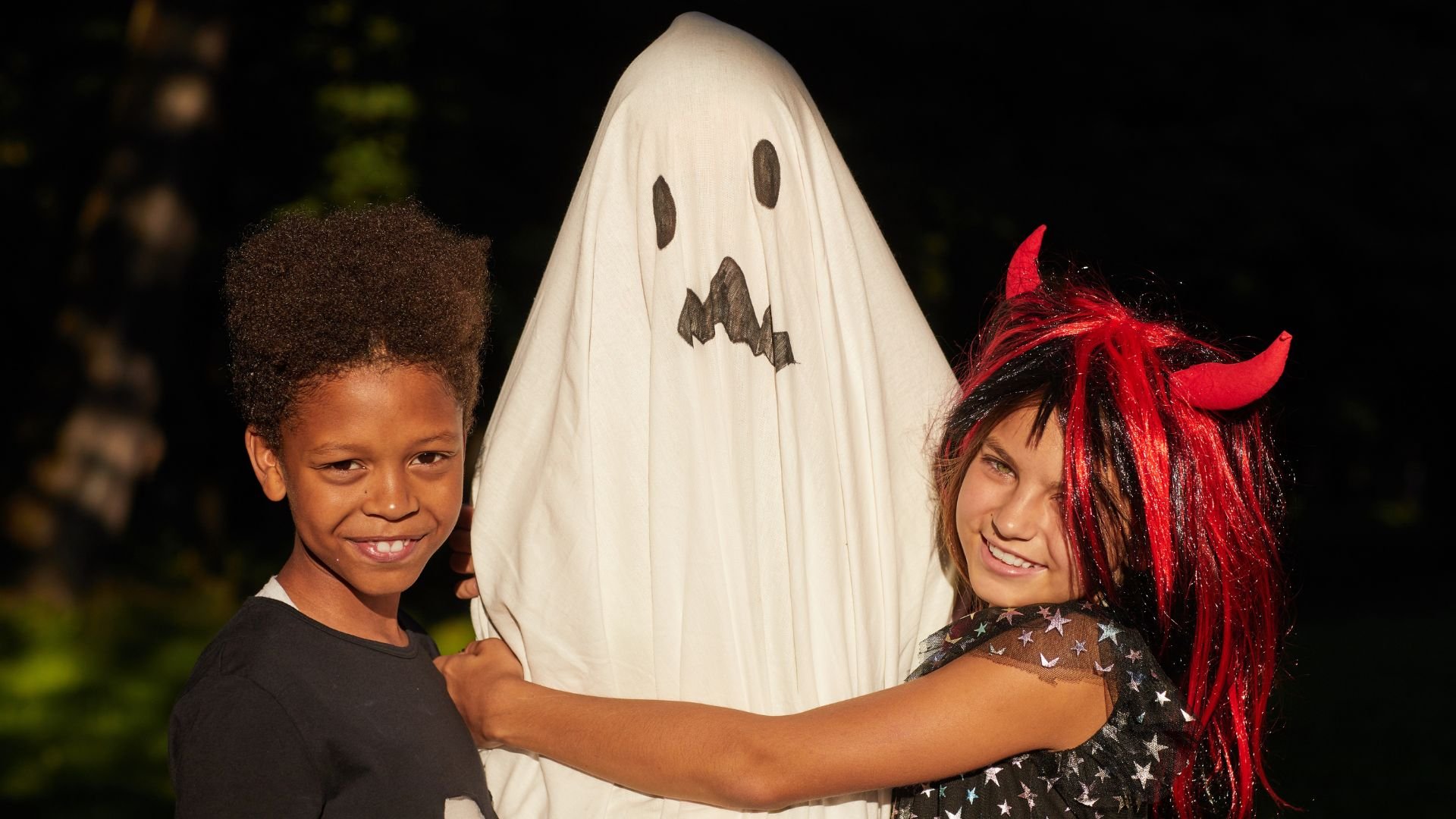Can Friends Ghost Each Other? Exploring the Dynamics of Ghosting in Friendships
Delve into the complexities of ghosting within friendships and uncover the impact it can have on relationships.
Understanding Ghosting in Friendships
Ghosting, a term commonly associated with romantic relationships, can also occur within friendships. It refers to the sudden and unexplained cessation of communication from one friend to another.
In friendships, ghosting can take various forms. It may involve ignoring messages, avoiding social gatherings, or simply disappearing from a friend's life without any explanation. While ghosting is often seen as a dating phenomenon, it can be equally hurtful and confusing when it happens between friends.
Understanding the dynamics of ghosting in friendships requires exploring the reasons why friends might choose to ghost each other and the potential effects it can have on the relationship.
Reasons Friends Might Ghost Each Other
There are several reasons why friends might choose to ghost each other. One common reason is conflict avoidance. Friends may choose to ghost each other because they find it difficult to confront and address issues that have arisen in the friendship. Ghosting can be seen as a way to avoid uncomfortable conversations or potential confrontations.
Another reason for ghosting between friends is a change in priorities or interests. As people grow and change, their friendships may naturally evolve. In some cases, friends may ghost each other when they realize that their interests, values, or goals no longer align. Rather than openly discussing these changes, some friends may choose to drift apart without explanation.
Additionally, friends may ghost each other due to feelings of resentment or hurt. If one friend feels betrayed or offended by the actions of the other, they may choose to cut off communication as a form of self-protection. Ghosting can be a way to distance themselves from the pain and disappointment they have experienced.
It's important to note that these are just a few examples of why friends might ghost each other. Every friendship is unique, and the motivations behind ghosting can vary greatly.
The Effects of Ghosting on Friendships
Ghosting can have significant effects on friendships, often causing emotional distress and confusion for both parties involved. For the friend who is ghosted, they may experience feelings of abandonment, rejection, and self-doubt. They may question what they did wrong or wonder why their friend suddenly cut off contact without any explanation.
On the other hand, the friend who ghosts may also experience negative emotions. They may feel guilt, shame, or regret for their actions, especially if they valued the friendship before deciding to ghost. They may struggle with the decision and the impact it has on the other person.
In addition to the emotional effects, ghosting can also damage trust within the friendship. The person who is ghosted may find it difficult to trust others, fearing that they will be abandoned again. The person who ghosts may also struggle with trust, as they may worry about the consequences of their actions being discovered by others.
Overall, ghosting can have lasting effects on friendships, often leading to distance and the potential end of the relationship.
How to Handle Being Ghosted by a Friend
Being ghosted by a friend can be a painful experience, but there are ways to handle it and navigate the emotions that arise. Firstly, it's important to acknowledge and allow yourself to feel the emotions that come with being ghosted. It's natural to feel hurt, confused, or angry, and giving yourself permission to experience these emotions can be a step towards healing.
Next, try reaching out to your friend in a non-confrontational way. Express your feelings and let them know how their actions have affected you. However, it's important to be prepared for the possibility that they may not respond or may not be willing to engage in a conversation. In such cases, it may be necessary to accept their decision and focus on healing and moving forward.
Seeking support from other friends or loved ones can also be beneficial. Surrounding yourself with a support system can provide comfort and help you process your emotions. Additionally, engaging in self-care activities such as practicing mindfulness, engaging in hobbies, or seeking professional counseling can aid in the healing process.
Remember, it's important to prioritize your own well-being and not blame yourself for the actions of others. Ghosting is a reflection of the other person's choices and behaviors, and it does not diminish your worth or value as a friend.
Rebuilding Trust After Ghosting
Rebuilding trust after ghosting can be a challenging process, but it is possible with time and effort. It's important to have open and honest communication with your friend about the ghosting incident. Express your feelings, concerns, and expectations moving forward.
Both parties should be willing to listen, validate each other's feelings, and work towards rebuilding the friendship. This may involve setting boundaries, establishing clear communication channels, and being accountable for one's actions.
Rebuilding trust also requires forgiveness. It's important to recognize that people make mistakes and that forgiveness is a crucial part of moving forward. However, forgiveness does not mean forgetting or condoning the behavior. It means choosing to let go of resentment and giving the friendship a chance to heal.
Ultimately, rebuilding trust after ghosting requires patience, understanding, and a shared commitment to the friendship. It may take time to fully restore the trust that was lost, but with effort and dedication, it is possible to rebuild and strengthen the friendship.
